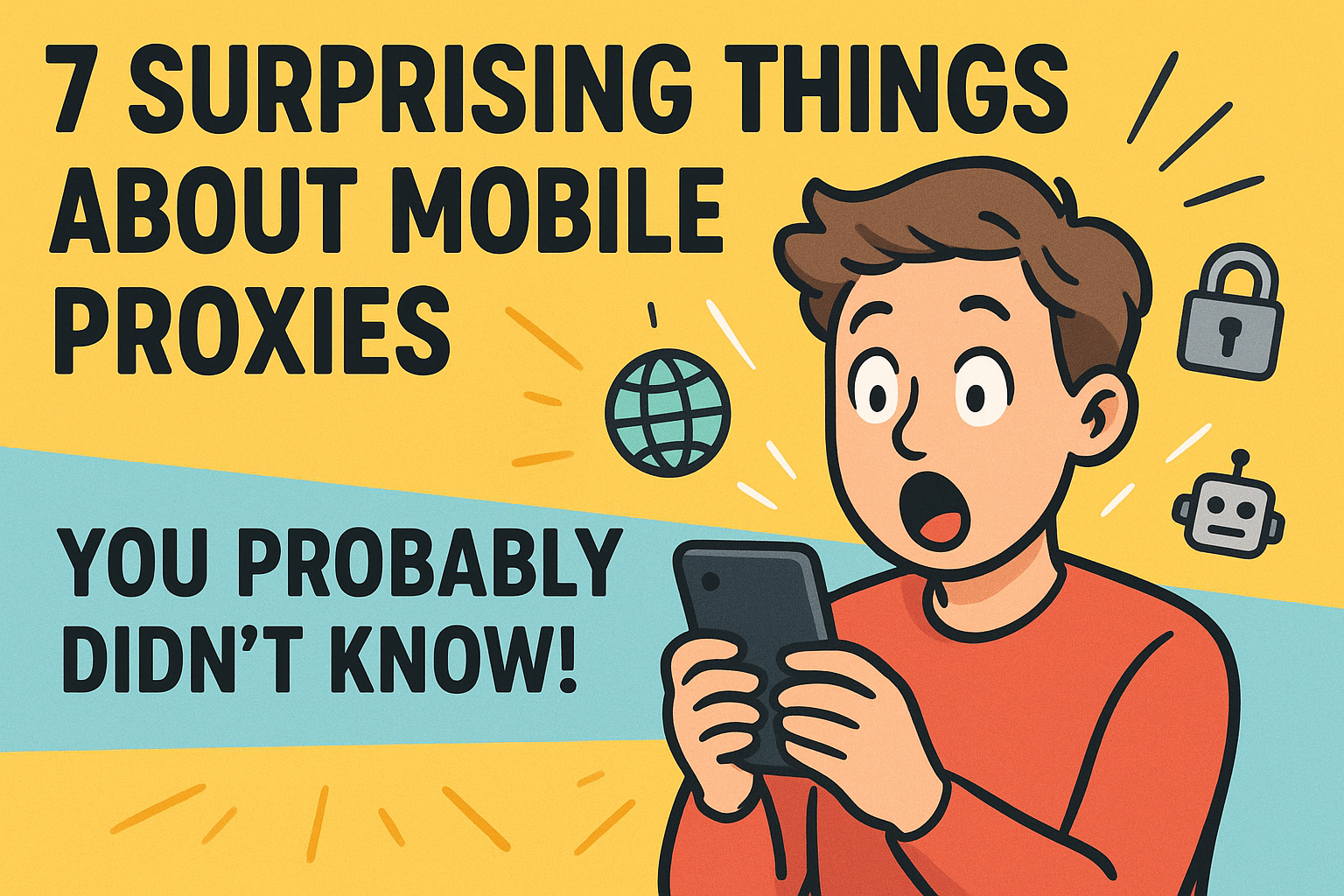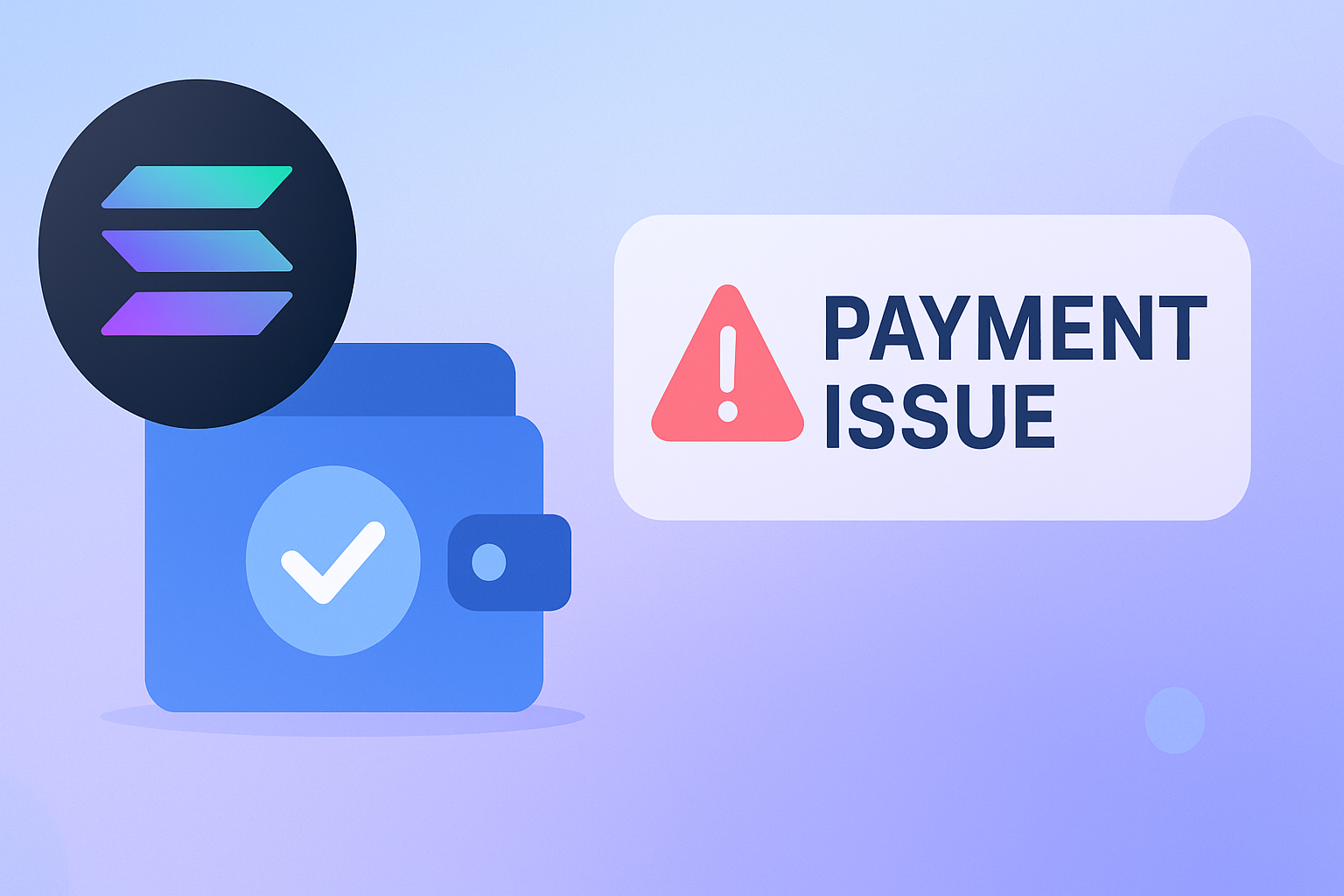Web scraping has become a critical tool for extracting valuable information from the web, whether it's for competitive analysis, pricing intelligence, or tracking trends. However, one of the biggest challenges is getting around anti-scraping mechanisms like IP blocks or CAPTCHAs. Choosing the right proxy provider can make or break your scraping success.
Here’s a quick guide to help you select the best proxy service for your needs.
1. Understand Your Scraping Requirements
Before diving into proxy providers, it’s important to know your goals. Are you scraping massive amounts of data from an e-commerce site or just gathering occasional market research? Your scraping frequency, the sensitivity of the data, and the security measures of the target sites will dictate the type of proxies you need.
For example:
- High-volume scraping typically needs a large pool of IP addresses.
- Sensitive scraping (where websites are very protective of their data) may require proxies that appear more like real users to avoid blocks.
2. Types of Proxies: Choose Wisely
There are three main types of proxies to consider, depending on the complexity of your scraping task.
-
Residential Proxies: These are tied to real users, making them appear the most legitimate to target websites. They are great for scraping data where you’re likely to face aggressive blocks.
-
Datacenter Proxies: These proxies are fast and affordable, but they're more easily detected and blocked because they come from cloud servers instead of real user devices.
-
Mobile Proxies: If your scraping project requires extra anonymity, mobile proxies are incredibly hard to detect because they route through real mobile networks. GridPanel, for instance, offers reliable mobile proxies that work well for high-stakes scraping tasks where you want to appear like a real mobile user.
3. Geolocation Needs
Do you need to scrape data from specific locations? If you’re scraping region-specific data—like local prices or search results—you’ll need a proxy provider with geolocation options.
Make sure the proxy service you choose offers IPs in the regions you’re targeting, or you’ll run into issues with localized content. Some providers let you select proxies from specific cities or countries, which is helpful for localized data extraction.
4. Scalability and Performance
It’s important to think ahead. Can the proxy provider scale with your growing needs? If you plan on expanding your scraping operations, the last thing you want is to hit a limit on bandwidth or available IPs.
Look for providers that offer flexible plans and can handle large-scale scraping projects without throttling or downtime. GridPanel, for example, has a reputation for offering fast, reliable proxies, perfect for projects that need consistent and scalable solutions.
5. Price vs. Value
While it’s tempting to go for the cheapest option, that may cost you more in the long run through blocked requests, slower speeds, or unreliable proxies. Strike a balance between cost and quality. High-quality proxies, like those from GridPanel, come with better reliability, reducing the number of retries or failures during scraping, which can actually save you time and money.
Conclusion
Choosing the right proxy provider for web scraping is about understanding your specific needs and finding a service that can support them. Whether it’s the type of proxy, geographic availability, or scalability, all these factors play a role in your success. GridPanel, offering powerful mobile proxies, is just one of the many great options out there to ensure your web scraping stays efficient and reliable.
Make the right choice, and you'll get your data smoothly without the usual headaches!





